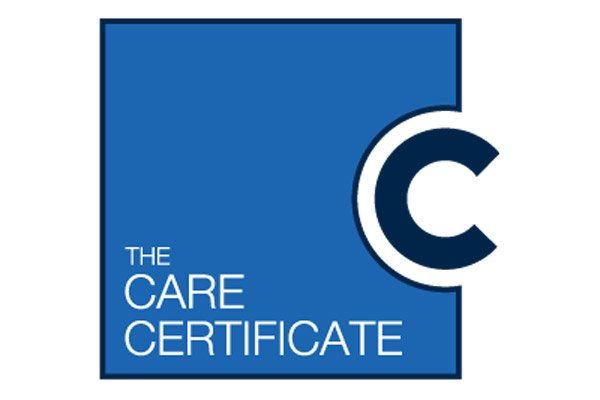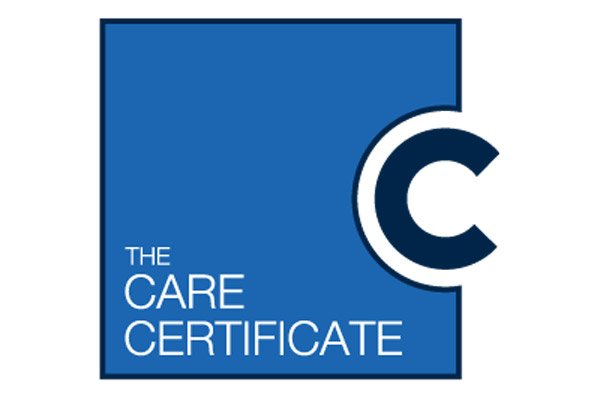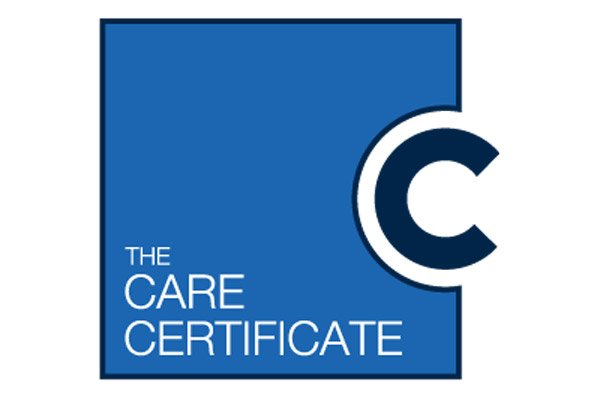Infections that are caused either, through being in a care establishment (nosocomial) or as a result of receiving treatment (iatrogenic), can be prevented. Often, neither may appear until after people leave the care establishment.
It is the responsibility of everyone working within the care industry to protect both themselves and the people they care for, from the effects of infection. This content will explore, in detail, how this can be achieved.
Learning Outcomes:
- Understanding Infection control
- Explain what is meant by infection, its signs and causes
- Identify how infection is spread
- Explain the importance of preventing the spread of infection
- Reducing the Risk of Infection
- Identify the measures that should be taken to minimise the spread of infection
- Explain the responsibilities of workers, the importance of legislation and risk assessment relating to infection control
- Controlling the Spread of Infection
- Explain the importance of personal hygiene in preventing the spread of infection
- Identify the key characteristics of effective cleaning, disinfection, sterilisation and handling of sharps

 Anaphylaxis
Anaphylaxis  Bribery Act Awareness
Bribery Act Awareness  Care Certificate Standard 02: Your Personal Development
Care Certificate Standard 02: Your Personal Development  Care Certificate Standard 01: Understand Your Role
Care Certificate Standard 01: Understand Your Role  Autism Awareness
Autism Awareness  Blood Transfusion
Blood Transfusion  Care Certificate Standard 10: Safeguarding Adults
Care Certificate Standard 10: Safeguarding Adults  Allergen Awareness
Allergen Awareness  Care Certificate Standard 06: Communication
Care Certificate Standard 06: Communication  Asperger Syndrome
Asperger Syndrome  Care Certificate Standard 03: Duty of Care
Care Certificate Standard 03: Duty of Care  Age Verification
Age Verification  Asbestos Awareness
Asbestos Awareness  Care Certificate Standard 07: Privacy and Dignity
Care Certificate Standard 07: Privacy and Dignity  Care Certificate Standard 08. Fluids and Nutrition
Care Certificate Standard 08. Fluids and Nutrition  Care Certificate Standard 09: Mental Health Awareness
Care Certificate Standard 09: Mental Health Awareness  Bullying and Harassment
Bullying and Harassment  Care Certificate Standard 09: Dementia and Cognitive Issues
Care Certificate Standard 09: Dementia and Cognitive Issues 





